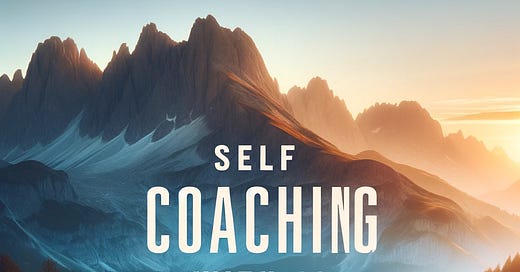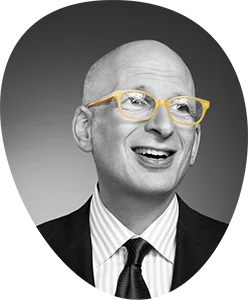AI as your MTB skills and practice guide: A new approach to self-coaching
Conversational AI can offer customized insights and strategies to improve your mountain biking skills and practice habits
I've been considering offering MTB coaching services for a while. My initial idea was to provide one-to-one help on how to get better at practicing (not riding), which is the focus of MTB Practice Lab: Science-based strategies to help you get better at practicing mountain biking skills.
But I hesitated because 1) my long-range plan has been to write a book, and 2) hourly-based coaching doesn’t scale as a business.
And then three things happened.
First:
Early in November, I read a Substack post by Michael Simmons.
In that post, he had a segment titled, Why I Still Coach People One-On-One Every Day Even Though It’s Unscalable. His reasons:
Coaching Provides 1,000x Better Feedback Than Online Writing Or Group Classes. Footnote #1
Coaching Is The Best Way For Many People To Monetize Their Knowledge Or Their Newsletter At First. Footnote #2
Second:
In mid-November, I stumbled on two older blog posts by Seth Godin:
A 2018 post titled 90% of coaching is self-coaching. Excerpt in Footnote #3
In a 2021 post titled A coaching paradox. Excerpt in Footnote #4
Third:
In late December, I discovered generative AI had improved much more than I’d realized in conversational coaching beyond its general language ability.
Sure, you can submit a simple prompt like “How can I learn to do a track stand on a mountain bike?” to any popular chatbot and get a list of 10 or more tips.
But that’s not much better than the equivalent of a Google search. It’s not coaching.
It’s much trickier to have a chatbot act more like an actual instructor who takes time to learn about you and then guides you in a manner that you find helpful.
I began experimenting, and since then, I’ve gotten better at crafting AI prompts that generate decent guidance on riding skills and how to practice.
Here’s an example of a chatbot prompt that immediately gets you and the chatbot into a conversation, which is key for coaching. Copy/paste this text into the prompt window of any of the major generative AI chatbots (ChatGPT, CoPilot, Claude, Gemini, etc.):
I want to learn how to [describe the skill]. Ask me some open-ended questions, one at a time, to help you assess whether I'm ready mentally and physically.
Then, see how far you can go with the conversation.
A coaching experiment
I want to work with a maximum of ten of you during April to experiment with AI to help you improve your riding skills and practice habits and routines. I’ll be coaching you on how to get better at prompting AI, essentially improving your self-coaching skills.
Some of your interactions with me will be in a private online group setting, but my actual coaching with you will be in a private online one-to-one setting.
I'm only accepting ten riders for this coaching on a first-come, first-served basis. If you're accepted, you will need to be an annual subscriber. But first, fill out this Google Form here.
Questions? Email me or send me a message:
Footnotes:
Simmons contends that with one-on-one coaching, you interact repeatedly with the same person until they get a result. This allows you to see what works and what doesn't for that individual. You gain deep insight into their lives, goals, challenges, and thought processes. This rich feedback helps you create more impactful content.
Simmons thinks you gain crucial information about people's needs and struggles by doing coaching calls first. This allows you to better market, design, and deliver your eventual course or book. Coaching helps you monetize faster without having your whole course or book mapped out upfront.
Godin: It’s entirely possible to coach yourself. To develop internal habits and standards that help you ratchet forward, drip by drip. But when you find yourself alone in a “co” working space, or isolated from good leadership, or wondering about what’s next, it might just be a signal that you’re missing the 10% from the core, the seed that you can build on and then internalize. Sooner or later, all motivation is self-motivation. And the challenge and opportunity is in finding the external forces that will soon become internal ones.
Godin: It turns out that the people with the potential to benefit the most from a coach are often the most hesitant precisely because of what coaching involves. Talking about our challenges. Setting goals. Acknowledging that we can get better. Eagerly seeking responsibility…
And yet we avert our eyes and hesitate. It might be because having a coach might be interpreted as a sign of weakness. And what if we acknowledge our challenges but fail to overcome them? It could be that we don’t want to cause change to happen, or that we’re worried that we will.
And so, paying for a coach, for something that’s hard to measure, which might be socially awkward, to get better at something that feels normal—combine that with a hesitancy to ask for help—it’s a wonder anyone has a coach. The paradox is that the very things that hold us back are the reasons we need a coach in the first place.






